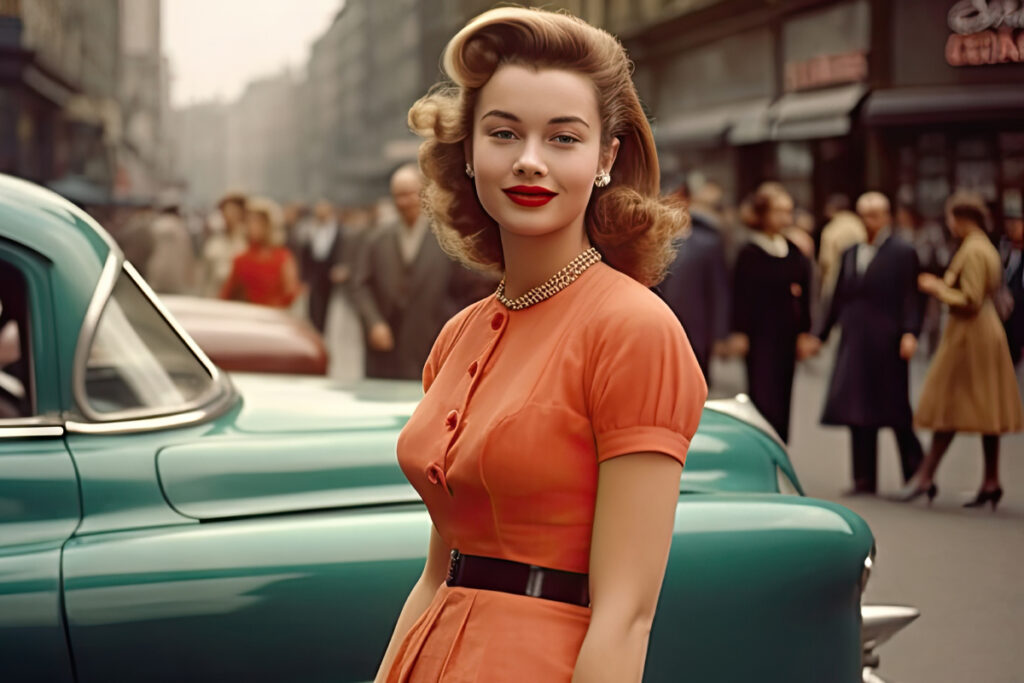Clare Chambers writes evocative historical fiction.
Longlisted for the Women’s Prize for Fiction in 2021, her novel Small Pleasures was described by judge Pandora Sykes as ‘escapist and bittersweet, I could not recommend more’. Her depiction of South-East London in 1957 is full of wonderful characterisation and a sense of time and place.
We caught up with Clare to ask her about some of her favourite novels set in the fifties.
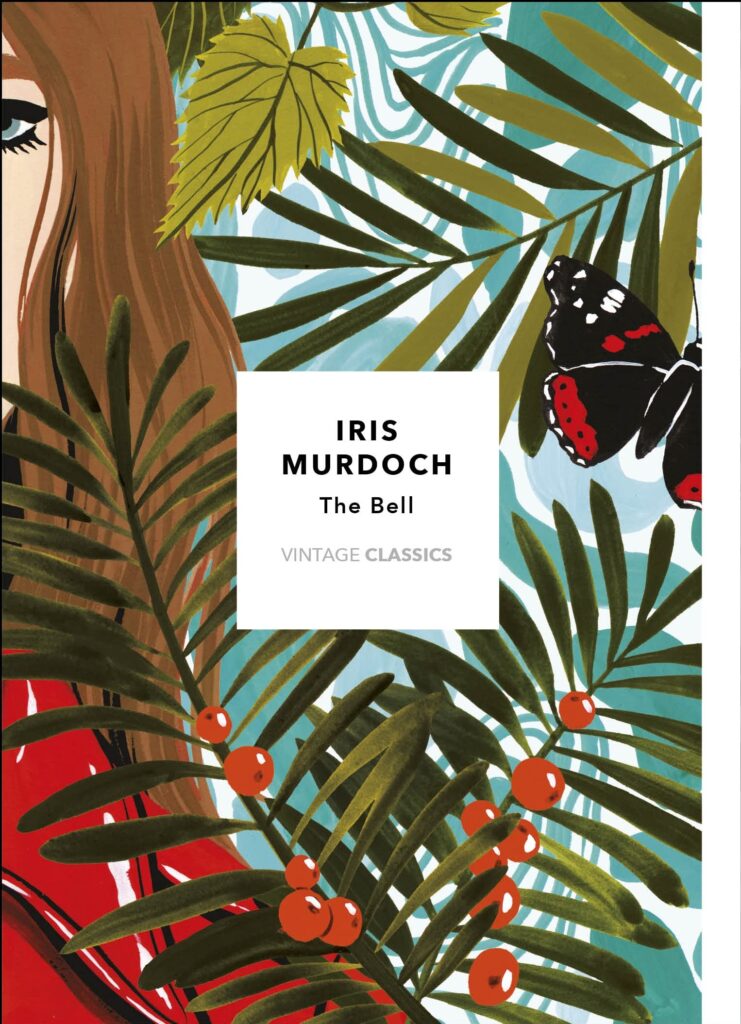
This short, perfectly formed novel takes a well-worn theme – the arrival of a stranger in a closed community – and creates a masterpiece of character and plot. The community in question is Imber Court, a lay religious fellowship, and the agent of chaos is Dora, the mischievous, restless wife of a pompous and controlling academic. The discovery of a ruined bell in the lake of an adjacent abbey is the engine of the plot and a symbol of the various submerged and destructive passions troubling the brethren. A prank instigated by Dora and the newest member of the commune misfires terribly and unworldly idealism is not the only casualty. I first read this when I was in my teens and it made me want to be a novelist, urgently.
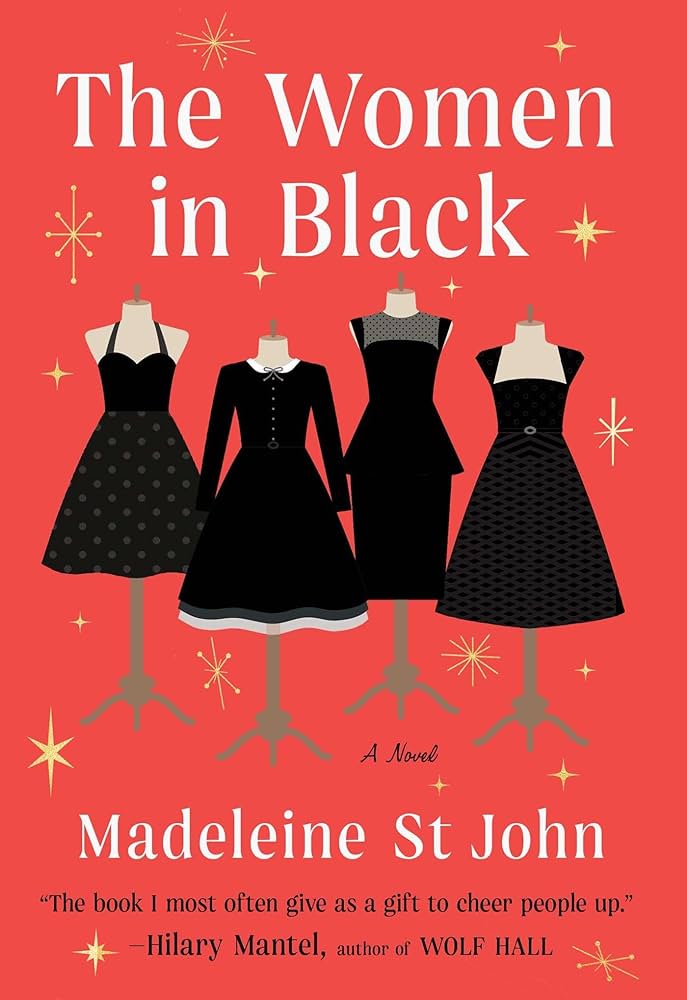
The Women in Black by the Booker-shortlisted Australian writer Madeleine St John is set in the Ladies’ Frocks department of a Sydney department store in the 1950s and concerns the domestic and professional tribulations of a quartet of saleswomen during a long, hot Christmas season. There is no condescension towards the characters and, at 130 pages, there is not a word out of place in this warm, witty novel of female friendship, fortitude and transformation.
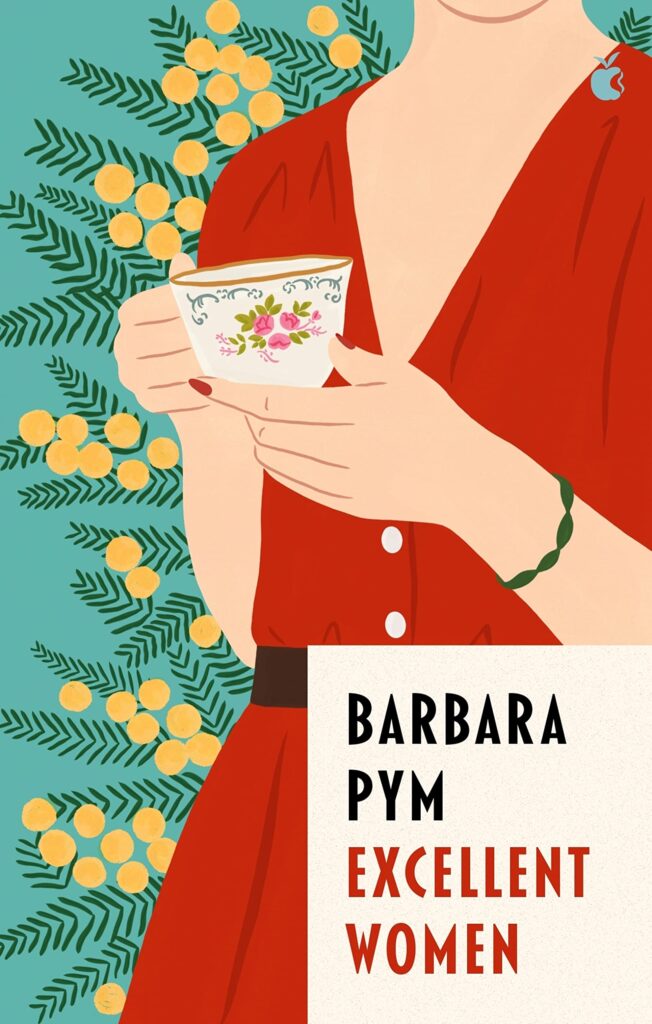
Excellent Women is Barbara Pym’s masterpiece and needs no endorsement from me, but A Glass of Blessings is less often cited, but equally funny, charming and full of the author’s trademark sidelong observations. Instead of the micro-humiliations of downtrodden spinsters, A Glass of Blessings has a more elegant and confident heroine in Wilmet Forsyth – a comfortable 1950s housewife with too much time on her capable hands and no outlet for her talents other than perfunctory ‘good works’, matchmaking and ill-advised flirtations. Beneath the wit and polish there is an undercurrent of frustration at the wasted female potential.
Maya Angelou’s ground-breaking seven-volume autobiography would be an adornment to any Best Books list. For the purposes of this selection, though, I must confine myself to Singin’ and Swingin’ and Gettin’ Merry Like Christmas, which covers the first half of the 1950s. The author’s stint as a performer at the Purple Onion nightclub in San Francisco leads to a role in the touring production of Porgy and Bess across Europe and North Africa but, as usual, the sacrifices demanded of a working mother take their toll. Whether she is describing the ‘cantankerous plumbing’ of her San Francisco building, or the disintegration of a marriage, Angelou’s supple prose, both rich and precise, is a delight to read.
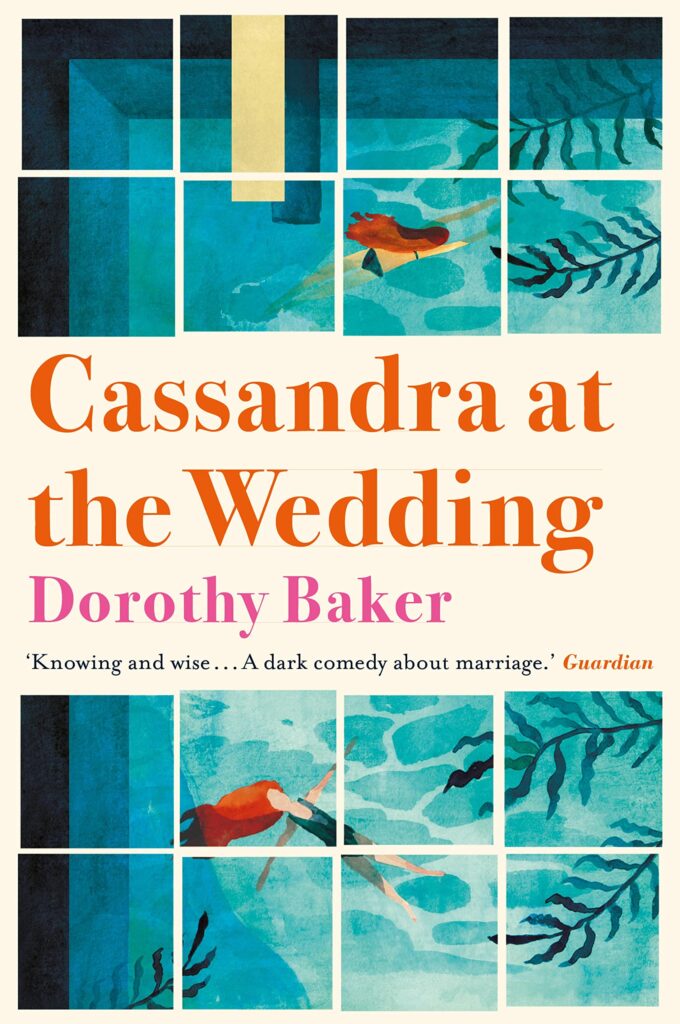
Cassandra at the Wedding by Dorothy Baker takes place over the course of a June weekend in California as the eponymous heroine drives home from Berkeley, where she is at college, to attend – or rather prevent – her twin sister’s wedding. Until recently, the girls’ relationship has been intense and co-dependent, and one of them is not ready to move on. The battle of wills that ensues between clingy, manipulative Cassandra and independent, level-headed Judith is positively Shakespearian in its dramatic intensity.
